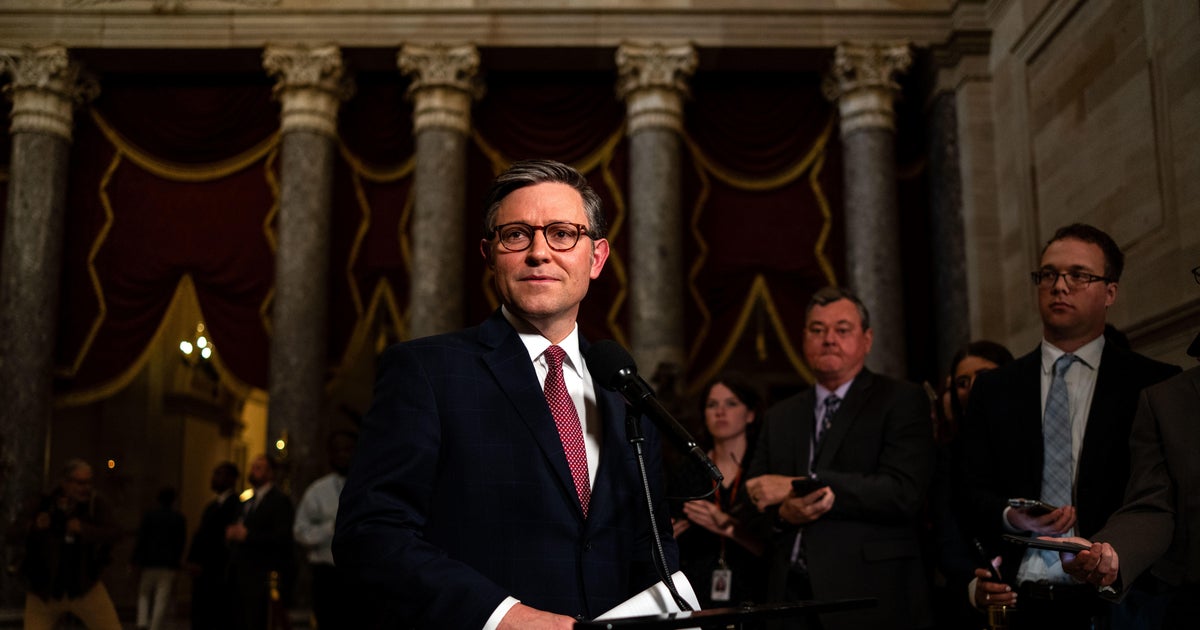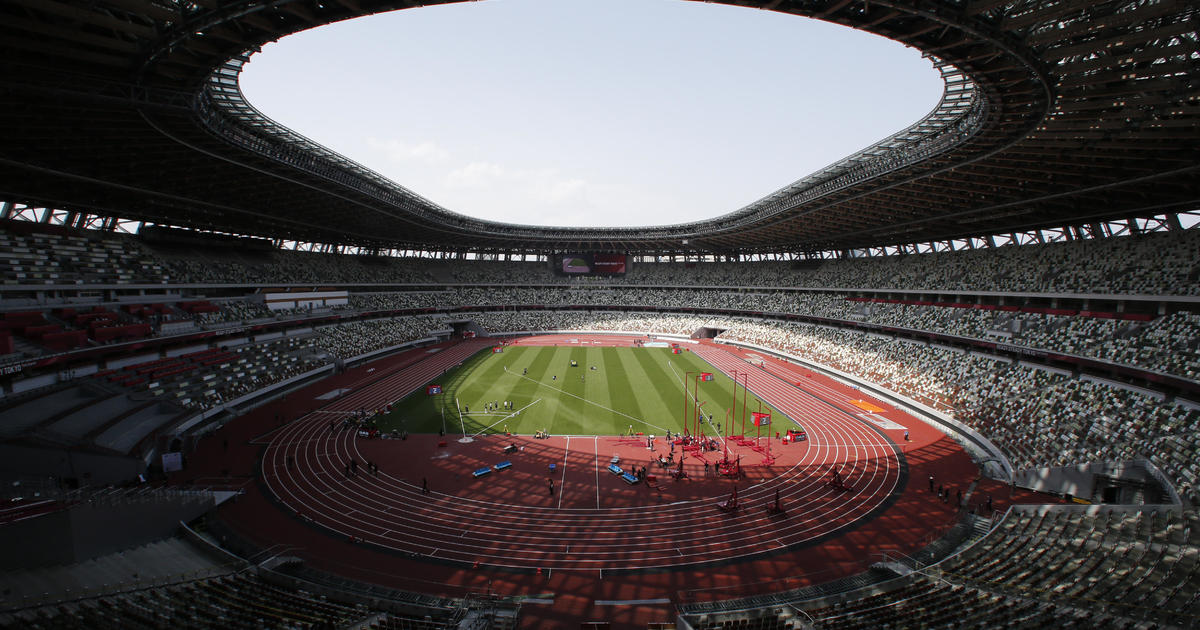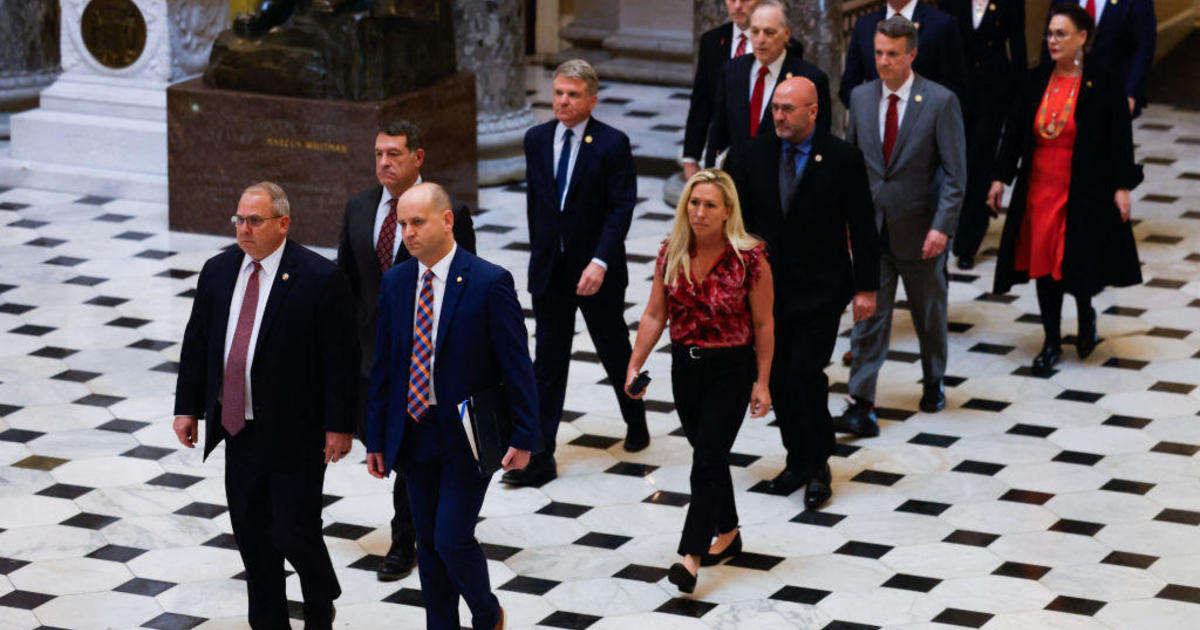Partial results of French parliamentary vote show Macron's party leading
PARIS -- Partial official results from France's second-round parliamentary elections show President Emmanuel Macron's centrist party with a clear lead over the country's traditional right-wing and leftist parties.
With 57 percent of votes counted, the Interior Ministry said Sunday that Macron's Republic on the Move! party had won 41 percent of the vote, followed by the conservative Republicans with 23 percent. The ministry said the far-right National Front was in third place with nearly 10 percent followed by the Socialists with 6.2 percent.
Pollsters project that Macron's party and its allies won a clear majority in the National Assembly, the powerful lower house.
Many candidates in his party joined only after Macron won the presidency in May.
Macron's party has 513 candidates vying for 573 seats. Four seats were won outright in last Sunday's first round. While French voters have handed presidents large majorities in parliament in the past, this time Macron's party is splitting -- and therefore weakening -- the opposition.
French voters cast ballots with few signs of enthusiasm Sunday in the final round of the parliamentary election. Voter turnout was trending low by late afternoon. The Interior Ministry said just over 35 percent of voters had cast ballots. That was down from 41 percent at the same time in the first round and down from nearly 46.5 percent in the last parliamentary elections in 2012.
In the first round of the two-part vote, less than half of France's 47.5 million-strong electorate voted last Sunday, hurting the once-feared far-right National Front party of Marine Le Pen, runner-up to Macron for the presidency.
"When I talk with my colleagues, I often say that voting is useless but not voting is worse. Because when you do not vote, you let the door open for extremism and stupidity from all sides," said David Moritz as he cast a ballot in Henin-Beaumont, Le Pen's northern bastion where she is running for a seat.
Macron and his wife, Brigitte, voted separately in the northern seaside town of Touquet, where the couple has a home.
Six ministers in Macron's government are seeking parliamentary seats, a common practice in France, and risk their government jobs if they lose.
Candidates from the conservative party, The Republicans, are expected to form the largest opposition group, with 70-110 seats, according to pollsters, with other parties sharing the rest.
The Socialists, who dominated the outgoing Assembly with 314 seats, have been annihilated by the unpopularity of former President Francois Hollande and could win as few as 20 seats.
Concern that opposition voices might be silenced by a massive pro-Macron legislature were reflected in a poll published Thursday by Elabo for BFM-TV suggesting that more than half of respondents hoped the second round would "rectify the first round with a less large majority than expected."
"This is France, not Russia," far-left candidate Jean-Luc Melenchon said Friday on Europe 1 radio. "We're going to find ourselves with fewer opposition representatives than there are in Russia."
Some voters seemed excited by a victory for Macron's party, while others were frustrated.
Parisian voter Olivier Palate said the success of Macron's party was like a "tidal wave. Now I think that for the second round we no longer have too much choice."
France's voting system punishes parties outside the mainstream, or with no mainstream allies, like Le Pen's National Front.
The party of Melenchon, a candidate in a Marseille district facing off a Macron candidate, was also hit hard by the low turnout rate in the first round of voting. But his alliance with the French Communist Party could end up giving them more seats than Le Pen's National Front -- even if her party gets more votes.
The National Front is expected to win only a handful of seats despite its third-place showing in the first round. The populist Le Pen appears likely to win in her northern bastion.
The National Front had two seats in the outgoing parliament and the only lawmaker seeking to renew his mandate, Gilbert Collard running in the southern Gard region, could lose. His opponent, a former bullfighter representing Macron's party, got a public boost this week from visiting Prime Minister Edouard Philippe.



